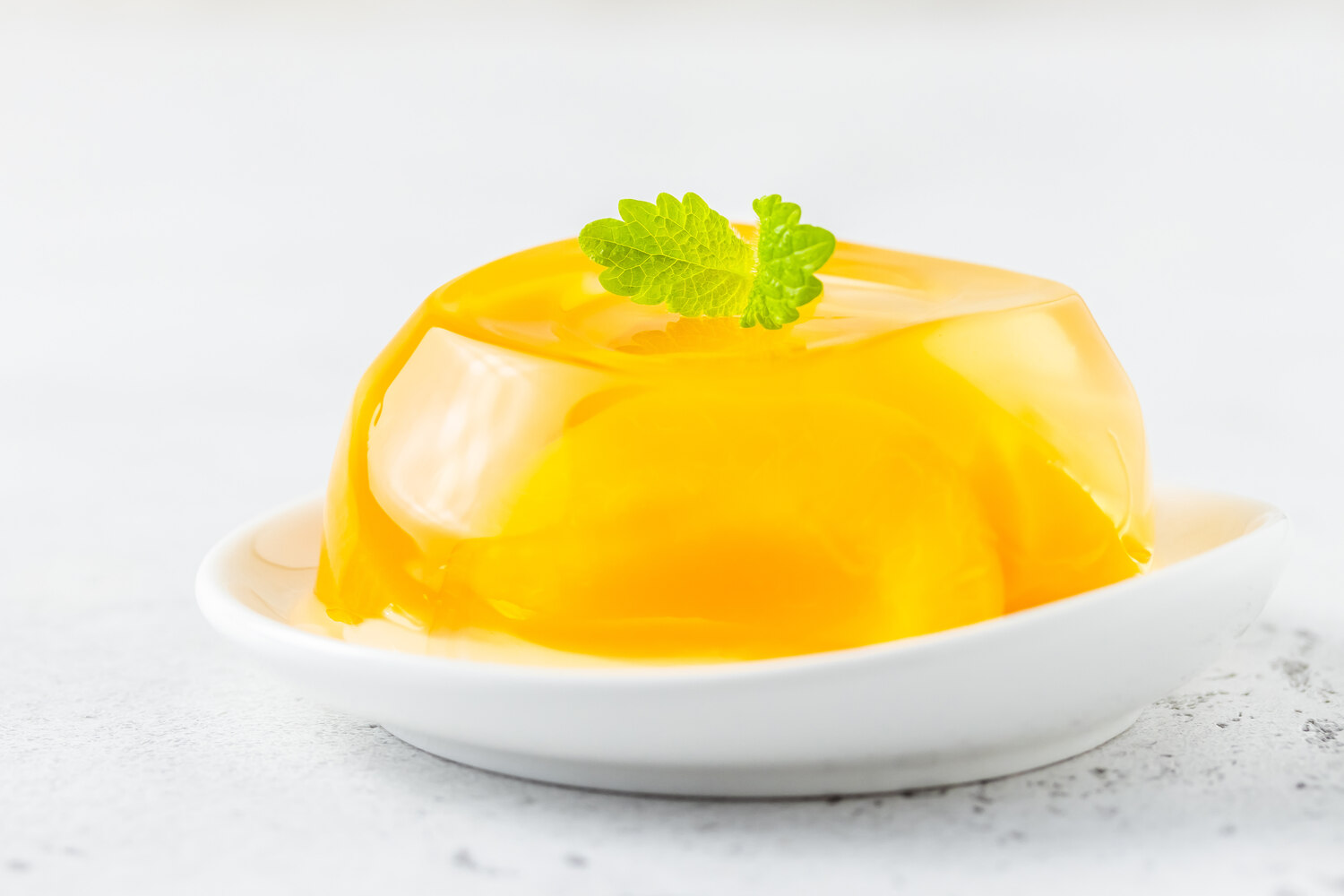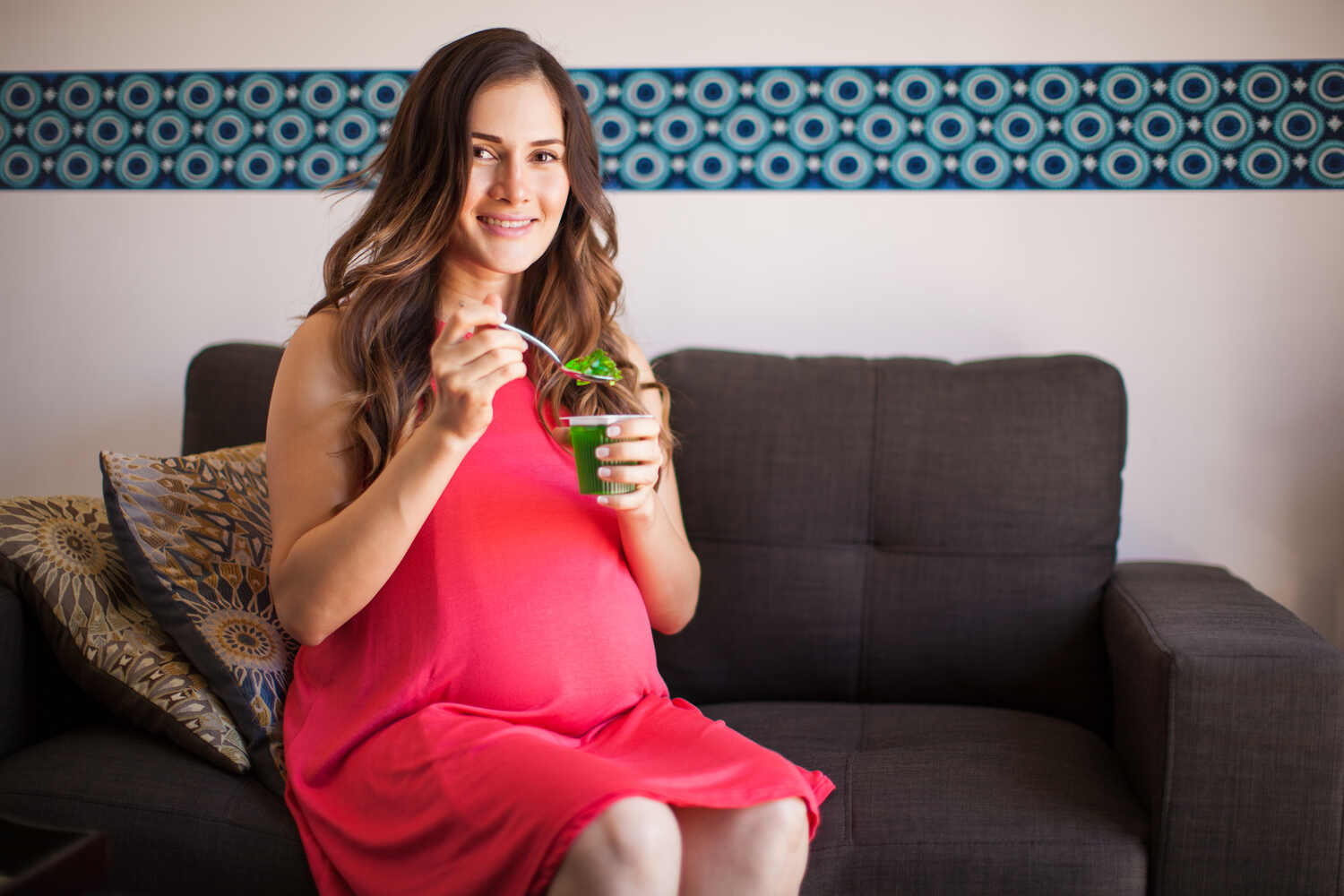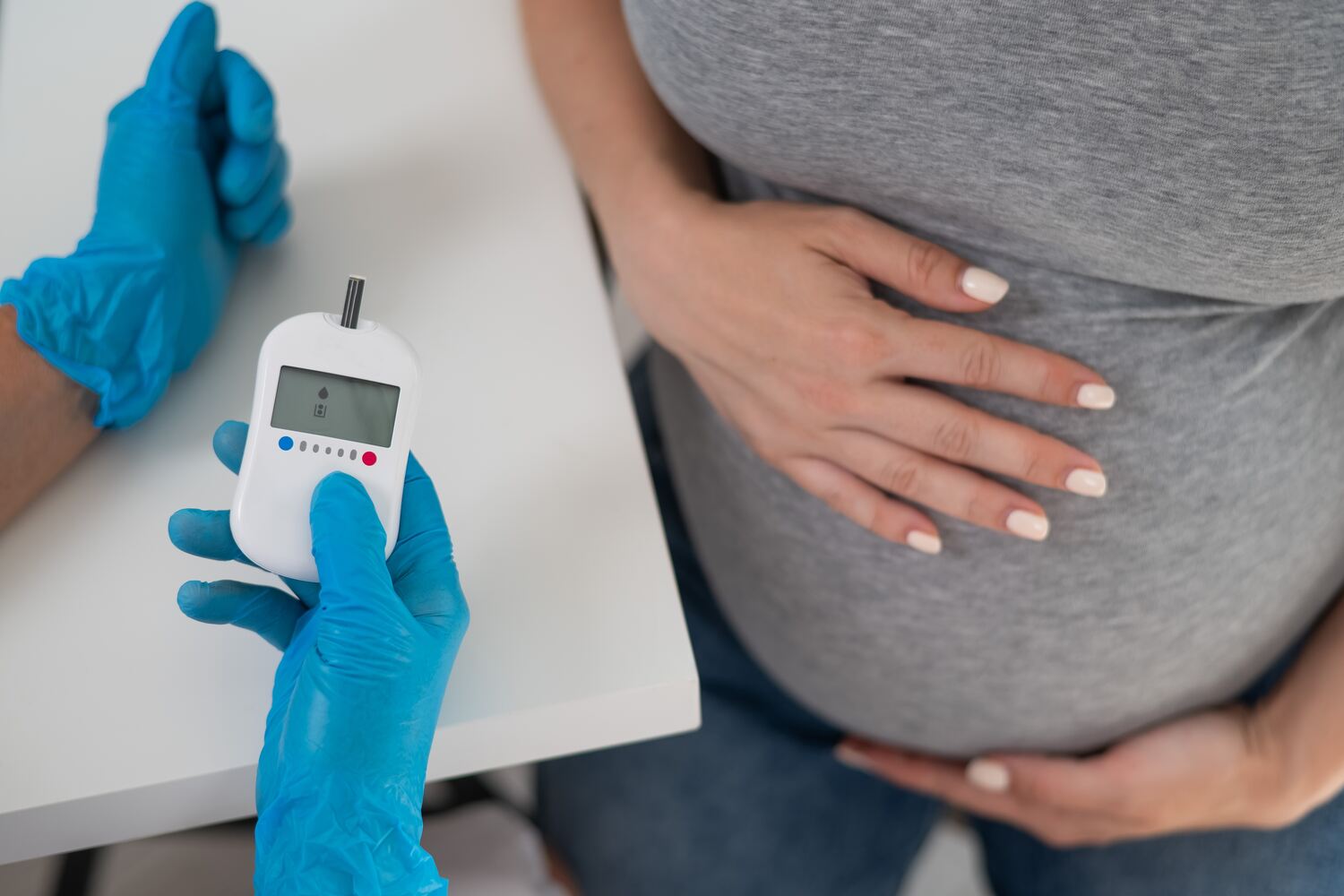
A food craving is defined as the intense and strong urge to consume a specific food that is desired and cannot be resisted with ease. The desire varies from person to person at different stages of life as well as from place to place. Younger ones are more likely prevalent for food cravings which gradually lessens with age. On the other hand, especially during stress, women are found longing for sweet foods whereas men are for something savory. One such time is seen during pregnancy when there is a club desire for food choices. The food cravings seen during pregnancy are a mix of both sweet and savory. One food choice craved is jelly during pregnancy.
Most women during pregnancy also develop sweet desires. But the fact cannot be ignored about consequences resulting from over-indulgences towards sweets, especially this time. There is no doubt that jellies can be prepared at home; look appealing in terms of color and taste great alone or mixed with seasonings to accompany snacks. Precisely, many thoughts regarding the consumption of jelly cross in pregnant women’s minds especially regarding the effect of consumption on babies.
In This Article
- What Is Jelly?
- Is It Safe To Eat Jelly During Pregnancy?
- Nutrition Facts of Jelly
- Health Benefits of Eating Jelly During Pregnancy
- Side Effects of Eating Jelly During Pregnancy
- FAQ’s
What is Jelly?
Jelly is a delectable sweet food very much known for its smooth texture and gel-type texture. It is a spreadable product usually prepared from fruit juice and sugar which is evenly cooked as per appropriate proportions. It contains pectin, a component found naturally in many fruits (though it is available in synthetic form as well). The process of making jelly starts by heating the mixture which is fruit juice or pulp with sugar until it thickens and reaches a stage of gel-like consistency. This consistency however allows it to be spread on bread, toast, or used as a topping for various desserts without any fuss.
Jelly is available in a variety of flavors based on the type of fruit used such as strawberry, raspberry, grape, or even guava. These fruit jellies bring a fruity sweet taste and therefore can be used in enormous recipes. There is one such Royal Jelly which is prepared by the floral nectar effortly taken by honey bees. This jelly is a very useful food product mainly utilized in medicine as well as in preparing different fruit-flavored jelly. Royal jelly provides nutrients such as carbohydrates with minimal protein and fats, sugar in the form of fructose, vitamins as well as certain amino acids (1). Royal jelly is more like a phytoestrogen that assures healthy uterine muscles and lining of the uterus. It is also rich in medium-chain fatty acids and a potent source of probiotics.
Jelly is frequently used as a side dish, a versatile filling for pastries, a fruity topping for pancakes and waffles, as well as a key ingredient in various sweet dishes like candies, tarts, and doughnuts. Jelly and jam are fruit-based and used as spreads or accompaniments in various desserts. The distinctness lies in their consistency.
Is It Safe To Eat Jelly During Pregnancy?

During the period of gestation, consuming jelly as a snack or treat is considered safe when taken in moderate amounts. Jelly, especially fruit-based, exhibits which are beneficial for health and hence can be included in the meal pattern. It performs various functions- starting from healing the digestion to satisfying the cravings for sweetness. But yes, without a doubt, anything eaten excessively is not accepted. Consuming jelly in moderate amounts is preferred to prevent unwanted detrimental effects on the fetus as well as on the mother’s health.
Pregnant women suffering from gestational diabetes (GDM) should be much more aware and equally take precautions when it comes to consuming jelly. Due to its high sugar content, there could be a high chance that blood sugar levels get spiked (2).
Gestational diabetic women should emphasize more on balanced meals by including nutrient-rich foods of wide varieties- whole grains, lean meat, pulses, and fiber-rich fruits and vegetables keeping in mind carbohydrate intake due to insulin resistance or excess weight gain
Nutrition Facts of Jelly
Here are the nutrition facts of jellies per 100 g (3).
| Nutrients | Value |
| Total Calories | 266 |
| Sodium | 30 g |
| Total Carbohydrate | 70 g |
| Dietary Fiber | 1 g |
| Sugar | 51 g |
| Protein | 0.5 g |
| Calcium | 7 mcg |
| Iron | 0.2 mcg |
| Potassium | 54 mg |
Health Benefits of Eating Jelly During Pregnancy

Jelly is one such indulging food product that zings wonderfully with sandwiches or toasted bread. Certain versatile yet noticeable benefits of jelly towards health are as follows
1. Improves The Digestion Process
During pregnancy, women frequently experience an inevitable digestive upset. Jelly, especially fruit-based ones, is generally considered safe for health due to the presence of fiber. Fiber is an essential constituent of fruits that soothes the digestive process and smoothes evacuation effectively. This help from fibre however relieves many upcoming mothers from constipation and loose stools. Another interesting fact is due to the presence of fiber, Jelly also helps in controlling lipid profile.
2. Satisfies The Appetite Greatly
Consuming jelly not only satisfies the appetite but also the stomach with ease for a long span. During the phase of gestation, many women experience hunger pangs and intake of jelly helps to satisfy your appetite.
Pregnancy is a stage where women frequently face hunger pangs and food desires, especially something really sweet. Every pregnant woman is aware of the fact that sugary treats are a strict no-no for these nine months. A good quality jelly is considered a better alternative for ice creams and other sweet delicacies.
3. Boosts Nervous System Health
Royal jelly intake helps the fetus overcome any nervous system problems that may hinder its growth and development including autism.
4. Reduces Stress
Jelly contains certain nutritional components essentially required to reduce excess stress by reducing the depressive symptoms commonly faced during pregnancy and thereby not hindering in meeting their daily nutrition
Side Effects of Eating Jelly During Pregnancy

Pregnancy is one such phase that welcomes food to be consumed in appropriate proportions and jelly is one such food product. There is no doubt that jelly is considered moderately safe to consume during gestation time. There are however few negative effects that react in the body (allergies) and further complicate it.
- Feeling heaviness in the chest area, sickness, frequent itching in the food pipe on consumption, and skin eruptions are commonly seen.
- Besides this, indulgence in jelly excessively can lead to increased insulin resistance that complicates maternal and child health.
- The colors used for making jelly are mostly petroleum which has detrimental health on both.
- Various sources confirmed that artificial sweeteners used in jelly preparation- aspartame and sucralose lead to damage in cells leading to inflammation and behavioral changes in future children.
- Excessive intake of jelly to satisfy cravings or desires for sweets can be dangerously overwhelming in terms of fetal health.
- These future babies when born are more at risk of developing diabetes and weight gain thereby harming them like a slow (4).
The desire to consume something sweet during pregnancy is quite natural. Jelly is a sweet treat to eat. During pregnancy, the craving of women to eat it increases more. But for the safety of themselves and their baby, one should know whether that specific food is safe or not. This can be possibly achieved by the consumption of jellies which are made safely at home also using appropriate measures and ingredients while skipping the artificial flavors and colors completely. However, it is best to consult with a doctor regarding the consumption quantity and allergies.
FAQ’s
1. Is Jelly Good For Pregnancy Nausea?
All types of jellies, including strawberry jelly, are safe and help in relieving nausea during pregnancy if consumed in moderate amounts. Many jellies today available in markets contain artificial colorings and added sugar resulting in a spike of blood sugar levels which complicates to either weight gain or gestational diabetes mellitus.
2. Why Does Craving Jelly Happen During Pregnancy?
Craving for jelly-like sweet food during gestation is natural. The phase of pregnancy deals with hormonal changes in the body which instantly bring desires for specific food items especially sweet ones.
References:
- Health Promoting Properties of Bee Royal Jelly: Food of the Queens – [https://www.ncbi.nlm.nih.gov/pmc/articles/PMC7915653/]
- Impact of Sugary Food Consumption on Pregnancy: A Review – [https://www.ncbi.nlm.nih.gov/pmc/articles/PMC7700555/]
- Jellies – [https://www.nutritionvalue.org/Jellies_nutritional_value.html?size=100+g]
- Impact of Sugary Food Consumption on Pregnancy: A Review – [https://www.ncbi.nlm.nih.gov/pmc/articles/PMC7700555/]

